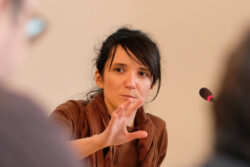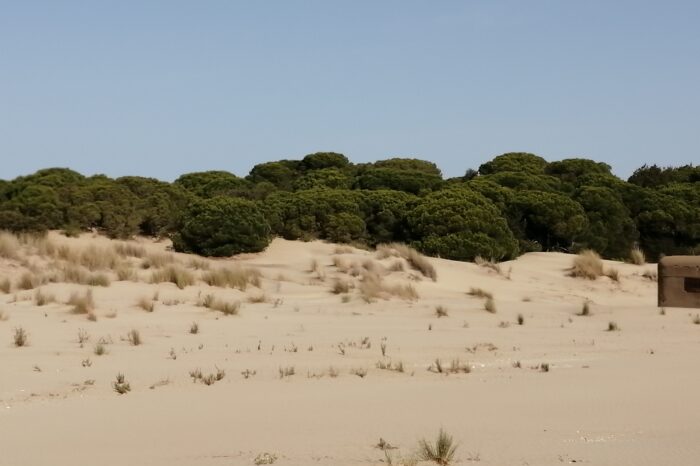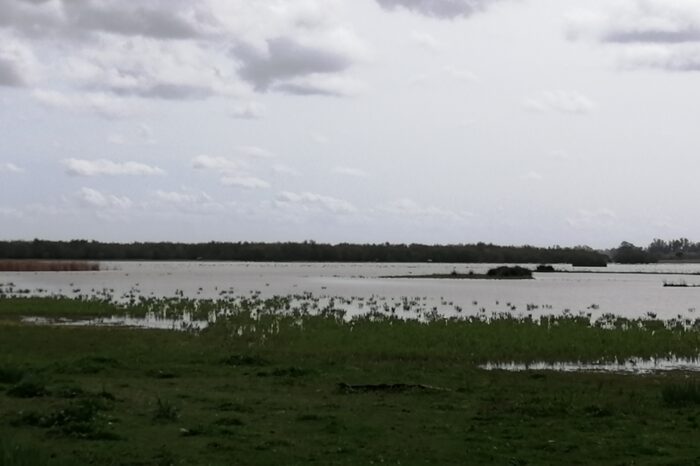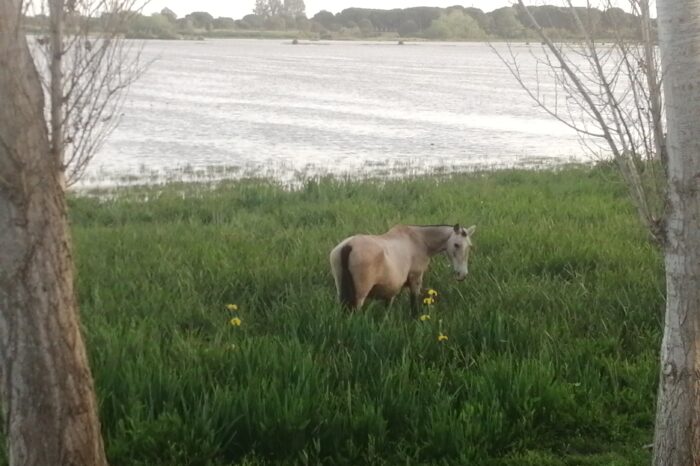From Socio‐ecological Crisis to Socio‐environmental Justice: What’s in a Hyphen?
Event: Research Group
Location: NEC conference hall
24 May 2024, 17.00 (Bucharest time)
Natalia BUIER, Postdoctoral Researcher, University of Barcelona
Short abstract:
The Doñana National Park in south-western Spain is widely regarded as one of the most important wetlands in Europe. Surrounded by the continent’s most important berry-producing region, Doñana is also the site of a long-standing conflict over groundwater extraction. The expansion of irrigation in the area led the European Court of Justice to declare Spain in breach of European water and environmental legislation in 2021. This is just one of the most recent measures in a series of ineffective initiatives to halt ecological degradation in the region. Through a historical-ethnographic analysis, this presentation unpacks the Doñana groundwater conflict to explore several related questions: What are the dominant categories through which the conflict between agriculture and conservation is apprehended? How do these categories obscure the unity of extraction and exploitation? What kinds of knowledge and immanent critique emerge from different positions in the labour process? And how does the analysis of historically and geographically situated practices contribute to the integration of environmental and social justice?
Short bio:
 Natalia Buier is an anthropologist currently researching water conflicts in southern Spain. After receiving her PhD from the Department of Sociology and Social Anthropology at the Central European University (Budapest, HU), she continued her interdisciplinary research at the Max Planck Institute for Social Anthropology and the University of Barcelona. Her current project is a historical ethnography of groundwater depletion, focusing on the unity of processes of extraction and exploitation. Her previous research has focused on the political economy of infrastructure development, labour struggles, and historical memory.
Natalia Buier is an anthropologist currently researching water conflicts in southern Spain. After receiving her PhD from the Department of Sociology and Social Anthropology at the Central European University (Budapest, HU), she continued her interdisciplinary research at the Max Planck Institute for Social Anthropology and the University of Barcelona. Her current project is a historical ethnography of groundwater depletion, focusing on the unity of processes of extraction and exploitation. Her previous research has focused on the political economy of infrastructure development, labour struggles, and historical memory.
This event is organized within The Group for Anthropological Research and Debates (GARD) hosted by New Europe College.


